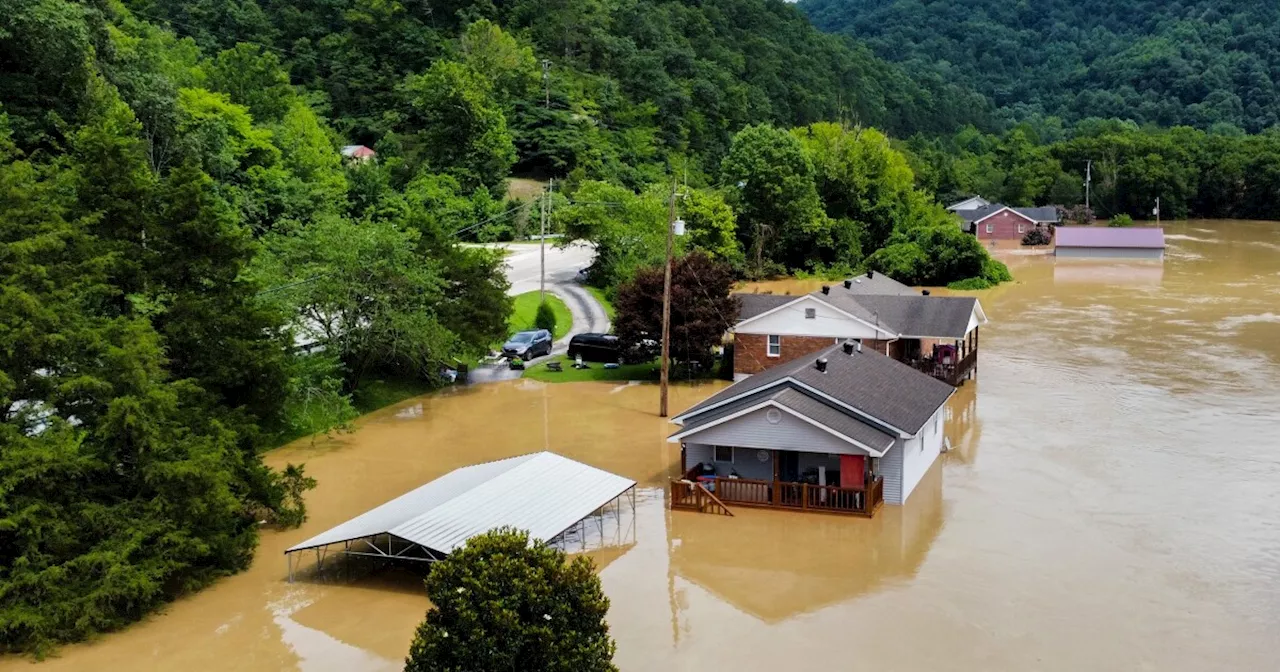Edward Carver is a staff writer for Common Dreams.
Scientists on Thursday released an analysis showing the likely role of climate change in creating the deadly heatwave that hit areas including Mexico and the U.S. south in late May and early June.
And June has proved to be dangerously hot in many areas, with hundreds dying in the Hajj pilgrimage in Saudi Arabia as temperatures rose above 124°F and Balkan countries, as well as much of the U.S., currently under extreme heat advisories.The WWA scientists sought to connect the May-June heatwave to these larger trends, and repeatedly explained the cause of the problem.
Climate Change Drought Emissions Fossil Fuels Heatwaves Mexico Climate Emergency
United Kingdom Latest News, United Kingdom Headlines
Similar News:You can also read news stories similar to this one that we have collected from other news sources.
 Climate change is deadly. Exactly how deadly?Multiple federal and state government agencies count the number of deaths from extreme floods, wildfires, heat waves and hurricanes. They don't always agree on which deaths should be counted.
Climate change is deadly. Exactly how deadly?Multiple federal and state government agencies count the number of deaths from extreme floods, wildfires, heat waves and hurricanes. They don't always agree on which deaths should be counted.
Read more »
 Climate change made deadly heat 35x more likely in US, Mexico, C. AmericaDeadly heat that blanketed the United States, Mexico and Central America recently was made 35 times more likely due to global warming, an international network of climate scientists said on Thursday.
Climate change made deadly heat 35x more likely in US, Mexico, C. AmericaDeadly heat that blanketed the United States, Mexico and Central America recently was made 35 times more likely due to global warming, an international network of climate scientists said on Thursday.
Read more »
 Pakistan Floods Made Worse By Climate Crisis and Inequality: StudyJulia Conley is a staff writer for Common Dreams.
Pakistan Floods Made Worse By Climate Crisis and Inequality: StudyJulia Conley is a staff writer for Common Dreams.
Read more »
 How climate social scientists are finding their way in the era of climate crisisIn early May The Guardian reported on a survey that explored the thoughts and feelings of 380 climate scientists. It was not uplifting. The pull quotes tell a story of anguish. 'Sometimes it is almost impossible not to feel hopeless and broken…Running away from it is impossible.
How climate social scientists are finding their way in the era of climate crisisIn early May The Guardian reported on a survey that explored the thoughts and feelings of 380 climate scientists. It was not uplifting. The pull quotes tell a story of anguish. 'Sometimes it is almost impossible not to feel hopeless and broken…Running away from it is impossible.
Read more »
 Climate change makes deadly Southwest heat wave 35 times more likely, study findsMexico and other places have been dealing for months with drought, water shortages and brutal heat.
Climate change makes deadly Southwest heat wave 35 times more likely, study findsMexico and other places have been dealing for months with drought, water shortages and brutal heat.
Read more »
